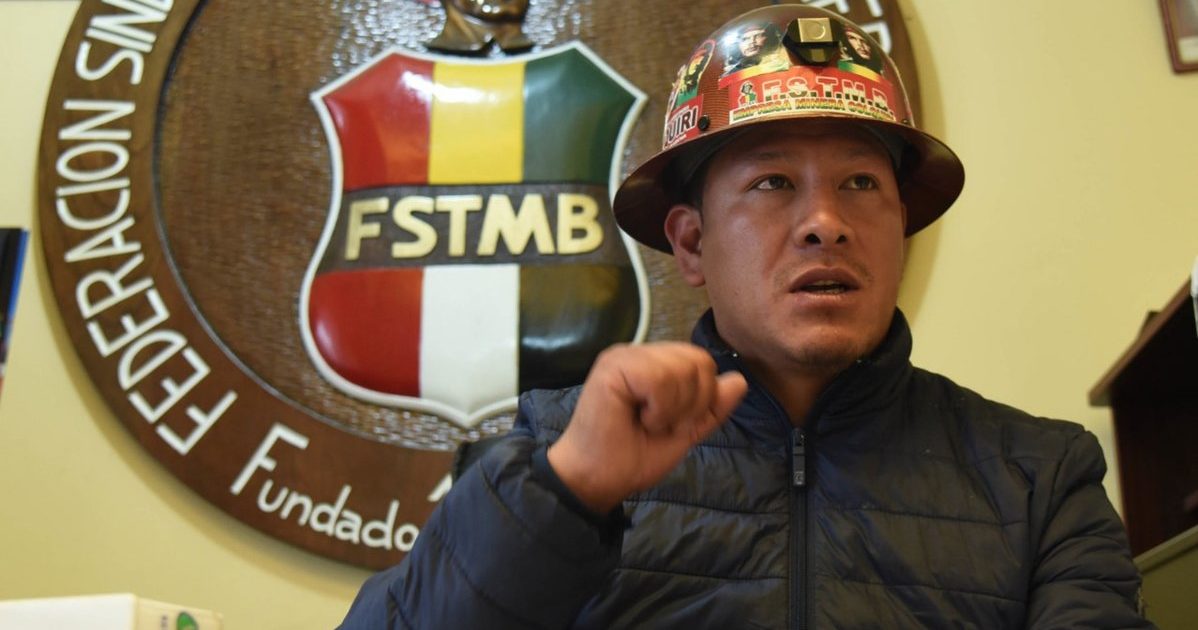The illegitimate government of Janine Añez, which emerged from the extreme-right coup that overthrew Evo Morales and his party, the Movimiento al Socialismo (MAS), did not last a year.
Eleven months later, the resounding victory of Luis Arce and David Choquehuanca in the first round of the presidential elections came as a surprise to many. The right and the ultra-right wing were preparing to join forces and win in the second round. But if MAS- IPSP won with less than 10% of the vote, they would denounce the fraud, as they did in November 2019, when they forced Evo Morales to resign.
But the MAS-IPSP formula obtained 55.10% of the votes, Luis Arce and David Choquehuanca were elected president and vice president of Bolivia, behind them Carlos Mesa, of the Comunidad Ciudadana, with less than 29%, and the “Bolivian Bolsonarism holder”, the fascist Luis Fernando Camacho with only 14.34% of the votes.
The coup against Evo Morales occurred in a context of violence, where the fascist gangs of Camacho burned the whipalas (flags of the Plurinational State of Bolivia) and beat and tortured militants and MAS authorities, and then the illegitimate government itself savagely suppressed any attempt at resistance. The massacres in Sacaba (November 15, 2019, in Cochabamba) and Senkata (El Alto and La Paz, November 19 of the same year) killed or injured dozens of people.
Despite the repression and the appearance of the Covid-19 pandemic, resistance continued and spread. The government of Áñez, with the intention of strengthening itself and avoiding at all costs the return of the MAS to power, postponed several times the presidential and National Assembly elections. In July 2020 a great popular mobilization began, women, peasants and young workers demanded immediate, democratic and inclusive elections. Cuts and roadblocks were widespread. But the situation changed significantly when the workers led by the Central Obrera Boliviana and, fundamentally, the miners, grouped in the Federación Sindical de Trabajadores Mineros de Bolivia, entered the scene. The COB declared a general strike for an indefinite period, until the elections were actually held.
There was Orlando Gutiérrez, executive secretary of the FSTMB, acting as one of the main leaders of the resistance.
The police and army were not able to repress on a large scale, the long experience of the miners, who know how to handle dynamite, showed its value. The pickets of self-defense ensured the protection of the demonstrators and inhibited fascist provocations and attacks.
The MAS managed to impose, with its two-thirds majority in parliament, the proclamation of a law that fixed the date of the elections on October 18, 2020.
The coup government and its ministers, with the complicity of the big media, demonized the demonstrators, accusing them of preventing food from entering the cities, of stopping trucks carrying oxygen for patients affected by covid-19. Then Interior Minister Arturo Murillo (now a fugitive in the United States, with the complicity of the Bolsonario government, accused of fraud and embezzlement of funds destined for the purchase of tear gas and other repressive weapons), ordered the persecution of the participants and leaders of the blockades. He said they would be hunted one by one.
Orlando Gutiérrez was on the list, he and his family were permanently threatened.
On October 22, a few days after the overwhelming electoral victory of MAS, a bunch of “pititas”, extreme-right sicarios, attacked him and beat him, mainly on the head, until he became unconscious. He was admitted to a clinic in La Paz, where he died six days later. The fascists’ threats had been carried out.
This loss represents a hard blow for the forces of democracy, for the workers and for revolutionaries in Latin America.
The boy who worked in the galleries of the mines at the age of 11, the mining leader who led the popular offensive against the coup government, the 35-year-old man killed in La Paz, Orlando Gutiérrez, with his short life and long trajectory, leaves us the example of his struggle.
Orlando was one of the most lucid and capable representatives of the new generation of popular leaders, of that youth who faces authoritarianism, social injustice and dependence. The murderous right knew very well where he was pointing, against these young people and their leaders who are his main enemies. May the life and death of Orlando Gutiérrez serve as an example for the struggle of our people.
Orlando Gutiérrez, present! Now and always!






